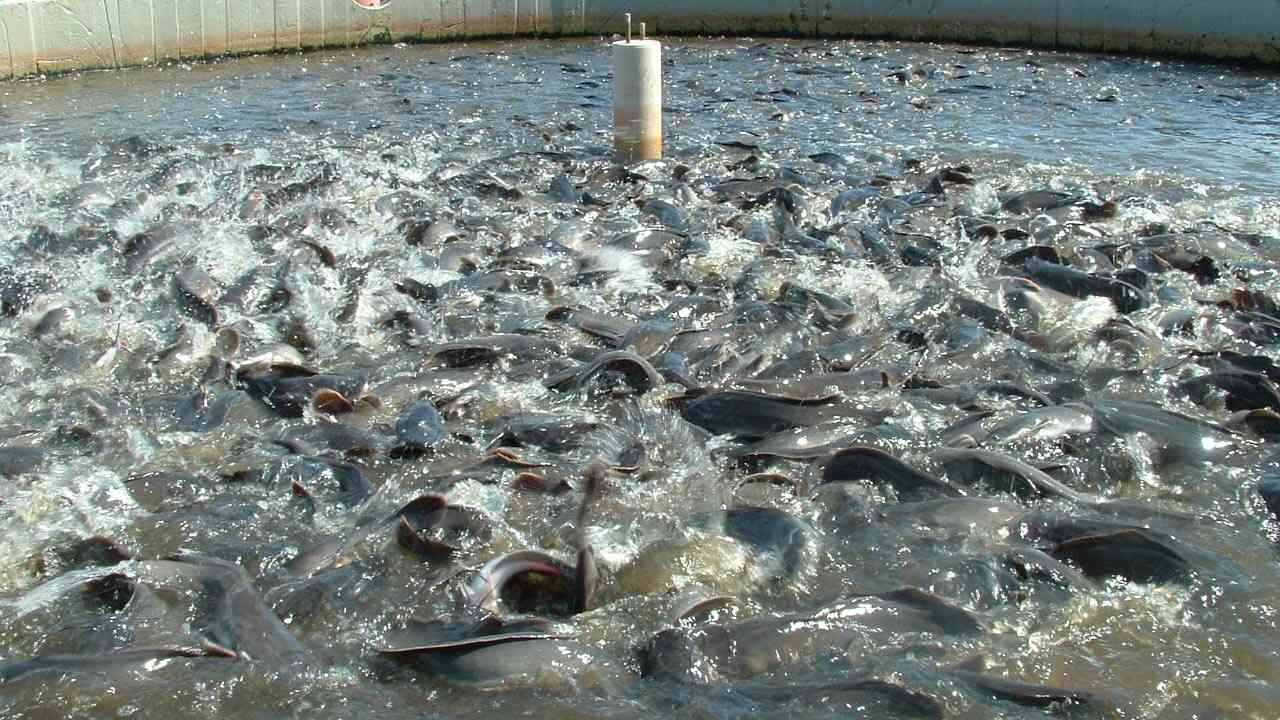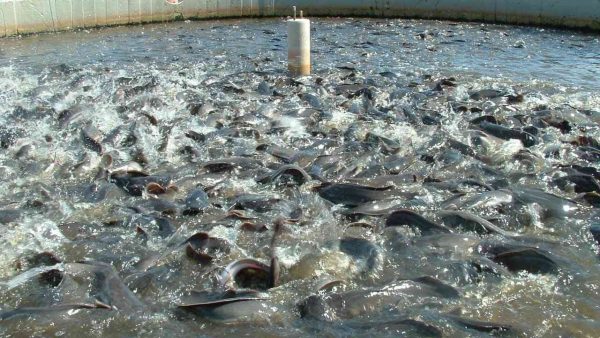Nigeria’s coastlines and inland waterways are teeming with marine life. And its people aren’t oblivious of this.
Each year, the country’s inhabitants consume a seemingly impressive 3.2 million metric tons of fish. This happens almost everywhere, from the remotest villages to the largest metropolises– even if the creeks and coastlines where these fish come from aren’t evenly distributed across Nigeria.
Read more about Business
There are personal and regional preferences for how fish is cooked and eaten. But whether it’s boiled, fried, smoked, or roasted, it’s all the output of a fishing industry that’s vibrant and growing.
By mid-year 2020, the National Bureau of Statistics valued the output of Nigeria’s fishing industry at ₦85 billion.
This wealth comes from all parts of the country, but some regions are churning out more fish than others. The South South leads the pack in its contribution to national output; there’s also significant fishing going on in the North Central, where inland water bodies sustain the trade of local fishermen.
Household participation in fishing also differs across each geographical zone. Over 7% of households in the South South are involved in fishing; that’s far more than the 0.3% of households that engage in it in the South East and South West.
On the whole, there are over 8 million people directly involved with fisheries in Nigeria, and a further 19 million who are indirectly employed in the industry. Together, they produce just over 1 million metric tons of fish annually.
Find our comprehensive listings of businesses in Nigeria here
Unfortunately, that amount isn’t enough to feed the local population. There’s a 2.1 million metric ton deficit that’s currently being filled by imports. This is despite Nigeria’s vast wealth in terms of waterways and coastal fishing areas.
The country currently struggles to make the most of these resources. Industrial-scale fishing remains the minor segment of the industry; artisanal fisheries dominate the landscape. Per capita consumption is also relatively low; individuals consume an average of 13.3kg of fish annually, well below the global average of 20.5kg.
Nigeria will have to surmount these challenges if it is to significantly grow its fishing industry. It does have the resources to do this; perhaps willpower and a sense of direction are the ingredients missing in its growth mix.
When it does scale the obstacles besetting it, Nigeria could become a major player in the $285 billion global fish farming market. That’s an opportunity worth exploiting in the medium to long term.
Featured Image Source: FCWC
Got a suggestion? Contact us: [email protected]


